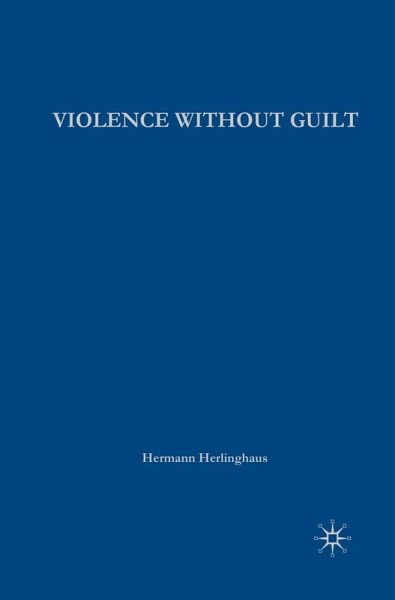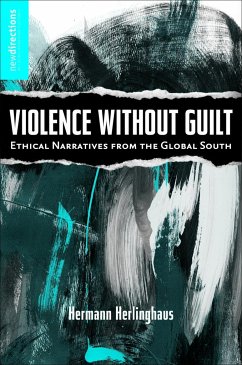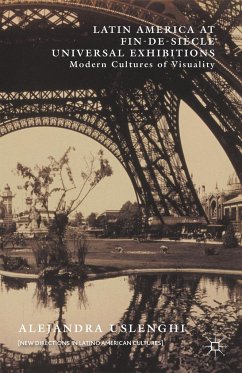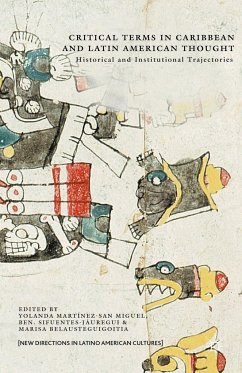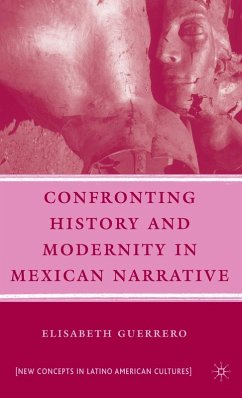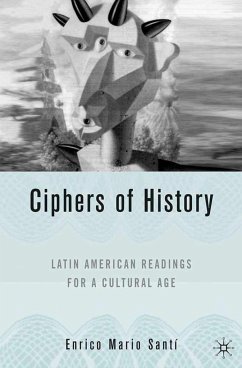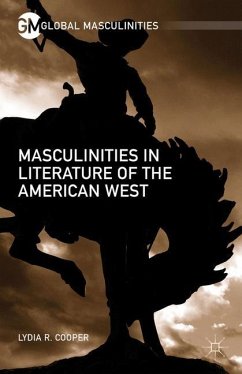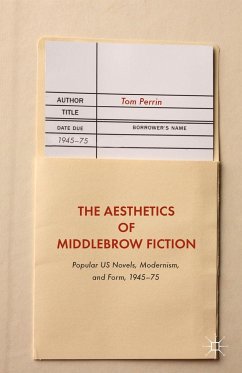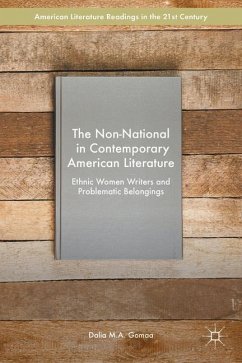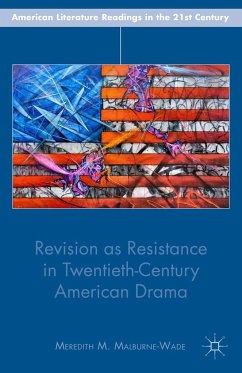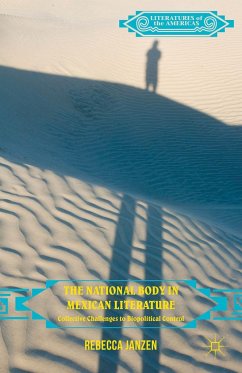"The first scholar to fully realize that there is a both interesting and highly problematic convergence between violence and aesthetic experience . . . Violence without Guilt is an unusual intellectual success." - Hans Ulrich Gumbrecht, Albert Guérard Professor in Literature, Stanford University
"Herlinghaus, in his unprecedented book, does not utilize the common tools of literary theory or cinema studies. Instead, he allows us to see new narratives and imaginary forms in Latin America from the perspective of concepts that pertain to philosophical criticism at the cutting edge of modern ethics, epistemology, and global cultural studies." - Beatriz González-Stephan, Lee Hage Jamail Chair of Latin American Literature, Rice
University
"Herlinghaus revisits the fraught and perennially compelling confluence of affectivity, violence, and guilt as propellants for story telling. Through the philosophical lens of a modern ethics as articulated by cultural critics such as Walter Benjamin, Herlinghaus trains his own critical focus on Latin American narratives that define cultures of affective filiation through tales of violence and the burden of genealogical guilt. This is a compelling exploration of individual and collective pursuits of redemption in language and violence as crucibles of culture." - Djelal Kadir, The Edwin Erle Sparks Professor of Comparative Literature, Pennsylvania State University
"Herlinghaus takes up Walter Benjamin'sfar-reaching reflections on anthropological materialism and places them, in an astounding way, in a global perspective." - Karlheinz Barck, Research Professor, Zentrum für Literatur- und Kulturforschung Berlin, Germany
